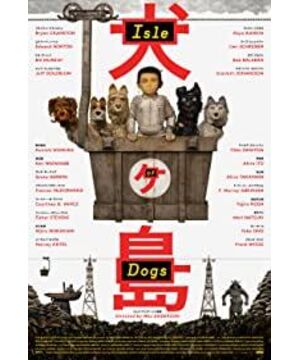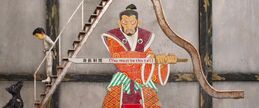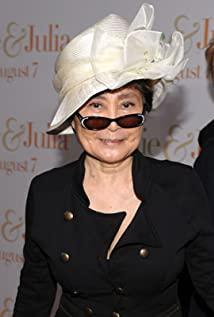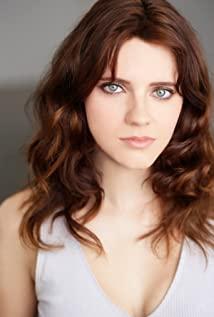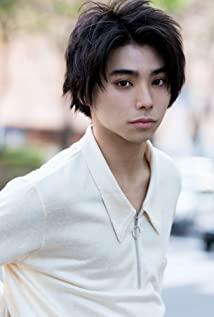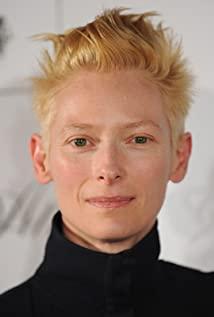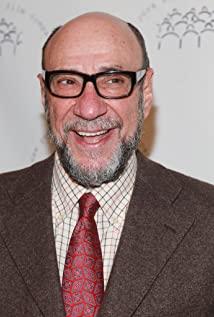Since the trailer came out, I was looking forward to this Wes Anderson's new work. After watching it, I felt that the whole has its subtleties, but the form is greater than the content, which is far worse than "The Great Fox Dad". But I have to admire Wes's continuous exploration of aesthetics, and stop-motion animation is really precious. The picture style combines the two styles of Ukiyo-e and wasteland, and the composition is very interesting. Tell the story first. It's an old fairy tale, in which children defeat the evil routine of adults, but two novelties are added: Eastern stories from a western perspective and human stories from a dog's perspective - the former is actually a bit malicious while the latter has no novel effect. The narrative jumps but is very stable, and the subsections of the unit chapters also help a lot. The political metaphors in it will not be repeated here. Basically, they are already similes. Whether it is World War II or totalitarianism, it can only be regarded as an enhancement. But when it comes to the story of the East from a Western perspective, it is a pity that the style and thinking are outdated, and I feel that Europe and the United States rarely look at the East with a developmental perspective, including the aesthetic style, which is also stuck in the Kurosawa samurai style and Ukiyo-e. The script is a little thin, the climax ends quite childishly, and the ending is extremely uncomfortable to think about. The whole story is anticlimactic. In fact, I was looking forward to an alternative fairy tale, but it turned out to be a horror dark fairy tale. The end credits of Spots with a caged statue and a stern juvenile cabinet are quite unpleasant. Among them, the warmth of the interaction between the boy and the dog is mixed with a rigid sense of power and subordination, which is not beautiful at all. The composition of the picture is really beautiful, although the images of the characters and dogs are not very pleasing, especially the images of people are vulgar and weird, but the color style is unique. Wes's top shot with knocking, symmetry, and montage inside the lens is very pleasing to the eye. Compared with the macaron color matching of "The Grand Budapest Hotel", this animation has a slow Japanese style, Taiko, sumo, kabuki and ukiyo-e of Katsushika Hokusai, combined with some delicate details such as TV program cards, Very interesting. Music is the biggest contributor to this animation, and the drums that adorn the whole chapter have a strong sense of loneliness. The original sounds of Akira Kurosawa's "Angel" and "Seven Samurai" are very retro, and "I Won't Hurt You" and "I Won't Hurt You" of WCPAEB are very retro. "Six Months Later" whistleblower theme is the only few heartwarming clips. Simply put, this is an audio-visual feast, but the form is greater than the content. In the past, those who liked Wes's slightly fresh style of freshness may not be easy to accept this work. But don't delay liking the weird retro aesthetic in it.
View more about Isle of Dogs reviews


